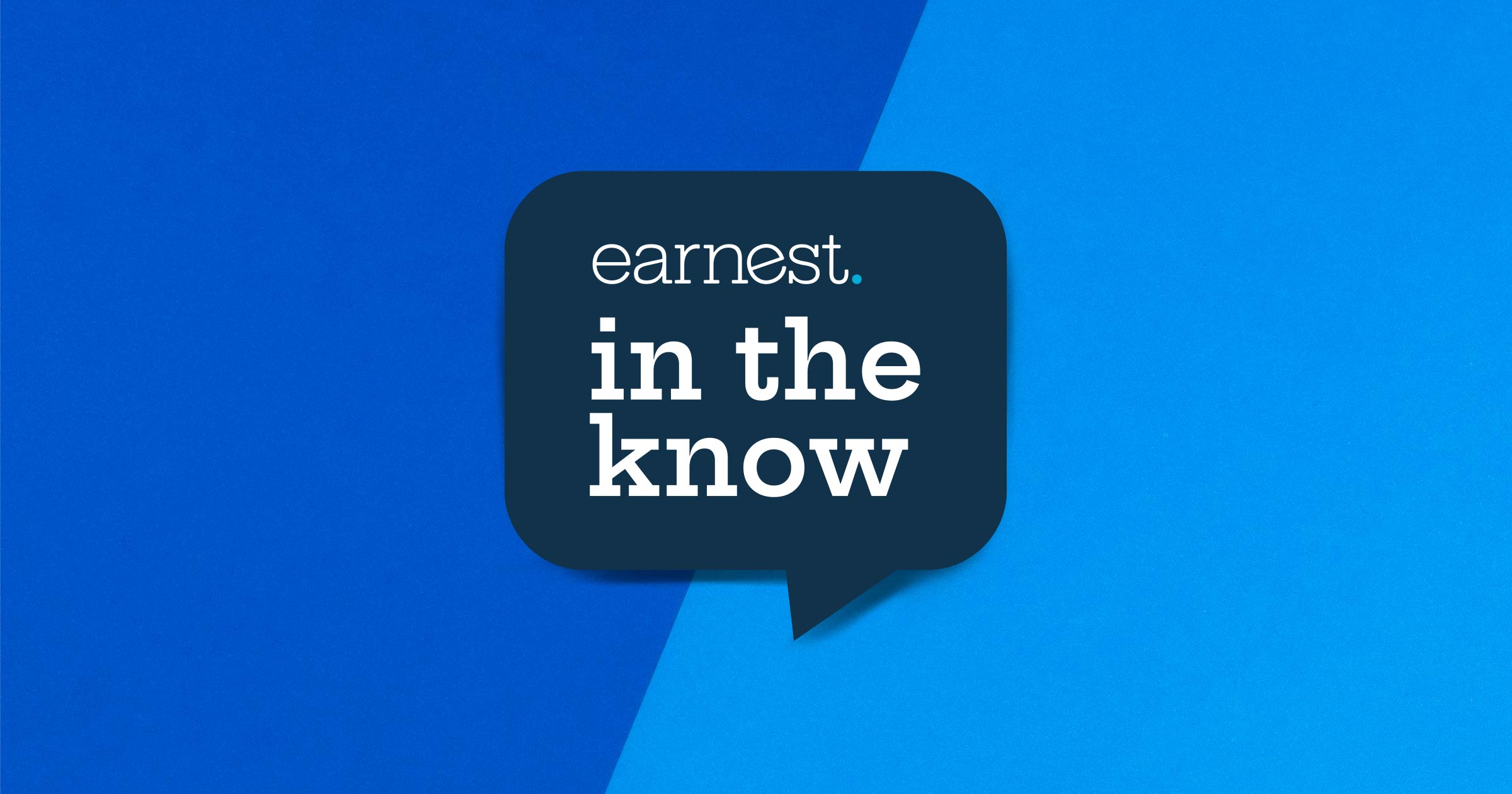Overseas news
US President Donald Trump has announced a tentative ceasefire between Israel and Iran, aiming to conclude their 12-day conflict.
If it goes into effect, the ceasefire may help improve investors’ risk sentiment and ease worries over oil prices, which have been affected by the conflict.
Meanwhile, US business activity grew slower in June, as the Trump administration’s higher tariffs led to an increase in prices. This led to the S&P Global Composite Purchasing Managers’ Index (PMI) dipping slightly to 52.8 from 53 in May.
The US Composite PMI shows if market conditions are seen as expanding (index over 50), staying the same (index at 50), or contracting (index under 50).
Local developments
The Department of Agriculture (DA) is postponing its planned reduction of the maximum suggested retail price (SRP) for imported rice. This was due to potential global price instability amid the Israel-Iran conflict.
The conflict may have an impact on the prices of goods both locally and abroad if it causes supply chain issues.
Meanwhile, the Philippine government raised P24.6 billion from Treasury bills on June 23, slightly below its P25 billion target. This may hint at higher investor caution due to the Israel-Iran conflict.
Selling debt securities such as Treasury bills is one way that a government can raise money for various activities.
Additionally, oil companies plan to roll out fuel price hikes in 2 phases this week to soften the impact on consumers, according to the Department of Energy (DoE).
Higher fuel prices can affect private vehicle owners and also impact logistical costs, which contribute to the prices of consumer goods.
A ceasefire between Iran and Israel may help calm investors’ worries, though it may be too early to tell how things will go and if it will materialize. It might be best to remain cautious while staying updated on developments.


